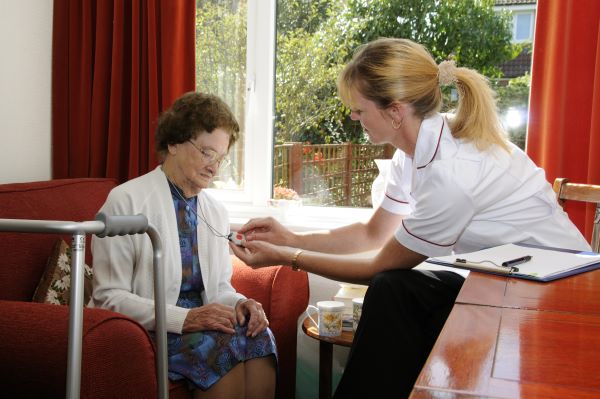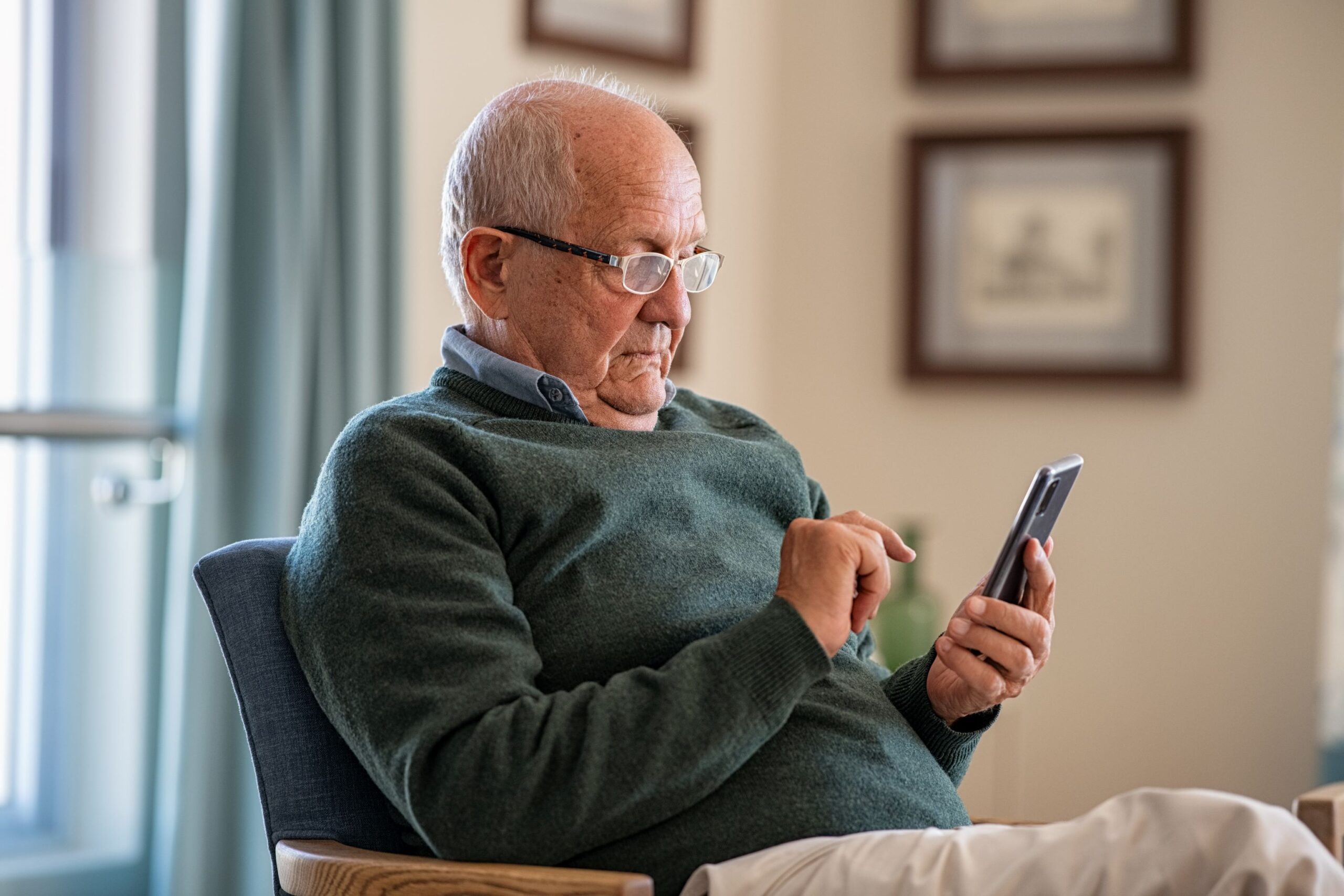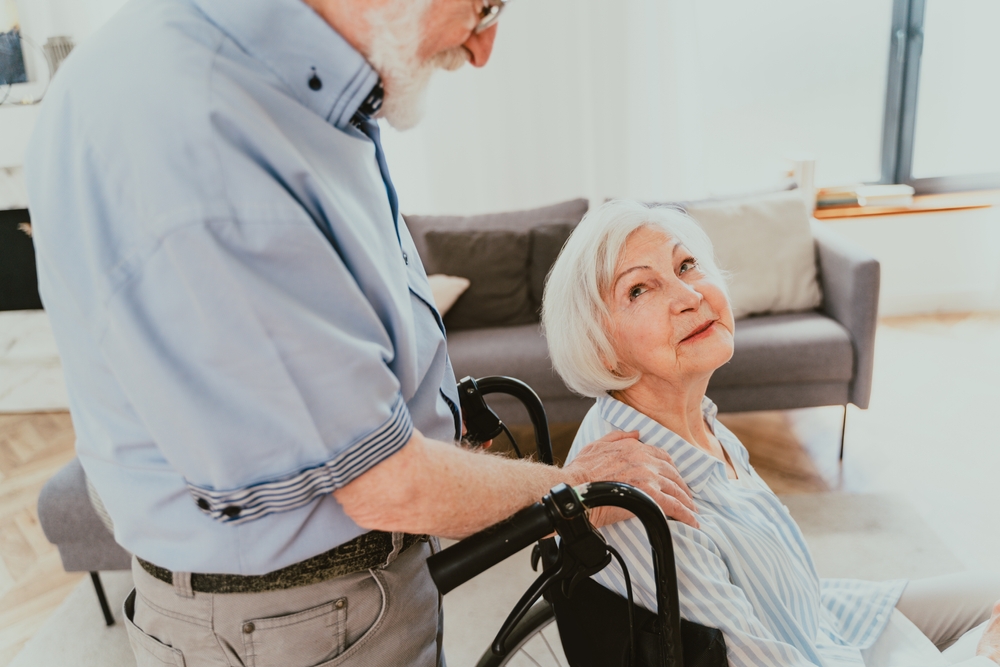To qualify for Medicaid, you must have limited income and assets (in most states, no more than $2,000 in your name). If you have more than that, you may find yourself having to "spend down" your extra assets to meet the $2,000 limit.

How to Choose a Life-Saving Medical Alert Systems
Envision your parent is just being released from a long stay at the hospital. The care providers assure you that your parent will be fine returning home, but you still worry. How can you make sure your parent is safe at home?
A medical alert system is a device that can connect the user with help when activated, either at the press of a button or if a fall is detected. These devices can be life-saving in case of emergency and can give seniors independence, and their loved ones peace of mind. One might assume that a smartphone or digital assistant is sufficient, but unlike cell phones, medical alert systems stay on your body so that you always have access to it, and unlike Alexa and Google home, medical alerts can call 911. So if you do decide to buy a medical alert system, you’re going to want to choose a quality system; since you rely on them in times of emergency, you want to know it will work. But how do you choose?
Consumer Reports suggests answering three questions before choosing a medical system. The first is, do you want a home-based or mobile system? The answer depends on your lifestyle and preferences. The second question is, should your system be monitored or not? Consumer Reports only recommends monitored systems, which means that the call button connects you with someone at a 24/7 dispatching center, rather than automatically dialing a friend or family member from a programmed emergency call list. And finally, should you add a fall-detection feature? It’s a relatively inexpensive add-on ($15 or under per month), but the technology may not be perfect; it may register something as a fall that isn’t, such as stumbling or dropping your phone.
With these choices in mind, one might look at the systems Consumer Reports recommends, or those on The Senior List has a Recommended list. The Senior List makes its recommendations based on four criteria: (1) works as advertised or better, (2) customer service, (3) pricing, and (4) easy to cancel contracts. For 2020, their top 9 medical alert systems were Bay Alarm Medical, MobileHelp, Medical Guardian, Philips Lifeline, LifeFone, LifeStation, ResponseNow, QMedic, and Alert1. Consumer Reports also recommends Bay Alarm, LifeStation, Medical Guardian, MobileHelp, and Philips Lifeline, but they also recommend GreatCall Lively Mobile, Life Alert, Medical Alert, and Rescue Alert.
Bay Alarm is ranked best overall, at $19.95-$29.95 monthly cost (the lowest on this list!) and no equipment fees, with landline and cellular in-home options, a mobile option with 4G LTE coverage, and an in-car medical alert, among other features. The equipment is easy to install and its range of products are appropriate for various situations without being overwhelming. They don’t require long-term contracts, and they allow you to try it for 30-days risk-free.
MobileHelp is also consistently high quality, in terms of both equipment and customer service. They offer cellular in-home medical alert systems, mobile and GPS systems, and even jewelry or smartwatches. They offer extras like fall detection, medication reminders, and vital sign monitoring. Costs start at $19.95 monthly (with a one-time $49.95 fee for the in-home system, unless you choose an annual plan, in which case that fee is waived). They also have a deal to buy two systems, which is good for couples. They don’t require long-term contracts, and they offer flexible pricing plans.
Finally, before making your purchase, check return policies carefully, especially if you have hearing loss. Read more about The Senior List’s top medical alert systems, including the Medical Guardian, Philips Lifeline, LifeFone, LifeStation, ResponseNow, QMedic, and Alert1, here. Consumer Reports also covered medical alert systems, available here.
If you or a loved one is living at home with care, it is important to consult with an elder law professional to make sure a proper plan is in place that covers your loved one’s care needs and financial needs. We help families plan for the possibility of a loved one needing significant care and would be happy to talk to you about your particular situation. Please contact our Cincinnati office by calling us at 513-771-2444 with any questions.



